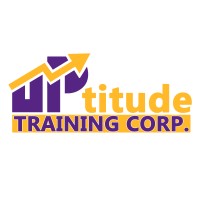
Digital Nomads
Specializations
About Agency
Overview
- Founded in 2018 and headquartered at 244 Wallace Street, Glasgow, Scotland, with a team of 3 employees
- Specializes in international tech recruitment for roles including mobile developers, data scientists, and AI/ML professionals across Switzerland, Dubai, USA, UK, Europe, Middle East, Asia, and North Africa
- Provides comprehensive relocation support including transparent cost-of-living data (rental prices, grocery costs) and practical assistance with bank account setup
- Operates as a paper-free organization with profits contributing to global conservation and humanitarian projects
- Maintains a consultant team with personal experience living/working abroad and relocating families
Specializations
- International Tech Recruitment for 6-month contracts (e.g., ski-season roles in Switzerland) and permanent placements
- Artificial Intelligence & Machine Learning talent acquisition
- Data Analytics & Business Intelligence recruitment
- Mobile App Development specialist hiring
Services & Approach
- Tailored global recruitment solutions for tech roles including UX/UI, software development, and executive search
- End-to-end relocation assistance covering financial planning (cost comparisons) and administrative setup
- Candidate transition management focusing on seamless integration into new projects/environments
- Ethical recruitment partnerships with environmentally-focused businesses




